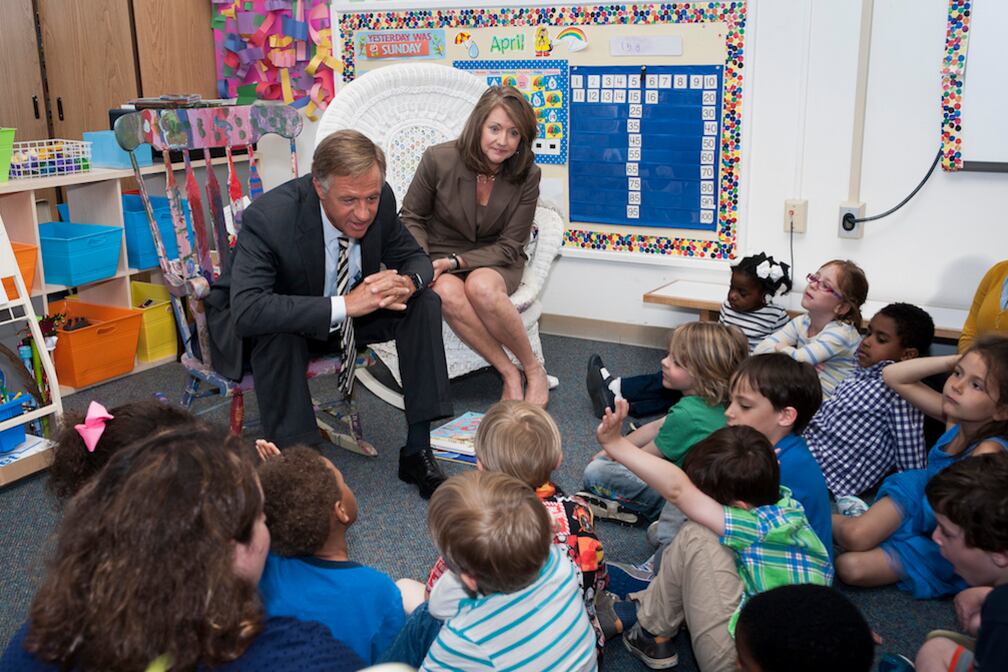A new Tennessee Tutoring Corps aims to recruit at least a thousand college students to provide summer tutoring for elementary-age students whose education has been disrupted by the coronavirus pandemic.
Funded by the family foundation of former Gov. Bill Haslam and his wife, Crissy, the program will run from June to August in partnership with organizations representing nearly 90 Boys & Girls Clubs across the state, from Memphis to Bristol.
The goal will be to stem learning loss for up to 5,000 students from low-income families who participate in Boys & Girls Clubs.
At a price tag of about $1 million, the program marks the first major statewide investment in addressing learning loss due to the public health emergency. The Tennessee Department of Education is reviewing how best to spend up to $26 million in federal funds expected to arrive this summer to respond to COVID-19 for needs that range from technology, to summer and after-school programs, to mental health services.
Research shows the pandemic will significantly worsen summer slide, a learning phenomenon that occurs between school years when low-income students tend to lose ground in reading and math. Meanwhile, their more affluent peers tend to make slight gains through enriching activities like travel, summer camps, and outings.
“The summer slide is a very real problem,” the former governor said in a statement Tuesday. “With students being out of school for so long because of the coronavirus, this year could be more of a summer avalanche.”
Additionally, the program wants to leverage the talents of college students, about a third of whom have lost summer internships because of COVID-19. Tutors will be paid stipends of up to $1,000.
“We hope to attract students who care about their communities, about making a difference during this difficult time, and about helping younger students learn and grow,” said Crissy Haslam, a literacy advocate during her husband’s eight-year administration that ended in January 2019.
The tutoring sessions will be conducted in person, not via digital devices as some other summer learning programs are doing during the public health crisis. Organizers say the Tennessee Tutoring Corps will show deference to how communities are reopening their economies.
“Flexibility is an important part of launching this initiative,” said Alexia Poe, a spokeswoman for the foundation. “Reopening will look different in different parts of the state, and we’ll be mindful of that and make adjustments accordingly. The Boys & Girls Clubs have protocols in place that will apply to this program and program tutors and participants.”
About 10% of the organization’s clubs are currently open, while the others are determining when to reopen, said Ryan Hughes, executive director of Boys & Girls Clubs in Tennessee.
Clubs now in operation are conducting temperature checks, using face masks, elevating cleaning practices, and limiting the number of people in each program space.
“Safety is our No. 1 priority while we seek to fulfill our mission,” said Hughes. “Summer slide is an issue we focus on every year, and this partnership allows us to double our efforts at a time when it’s especially needed.”
Candidates to serve in the corps must currently be enrolled in college and pass a background check. Preference will be given to students who have a 3.0 GPA or higher, have completed at least their freshman year, and are Tennessee residents. The deadline to apply is 11:59 a.m. EST on May 29.






